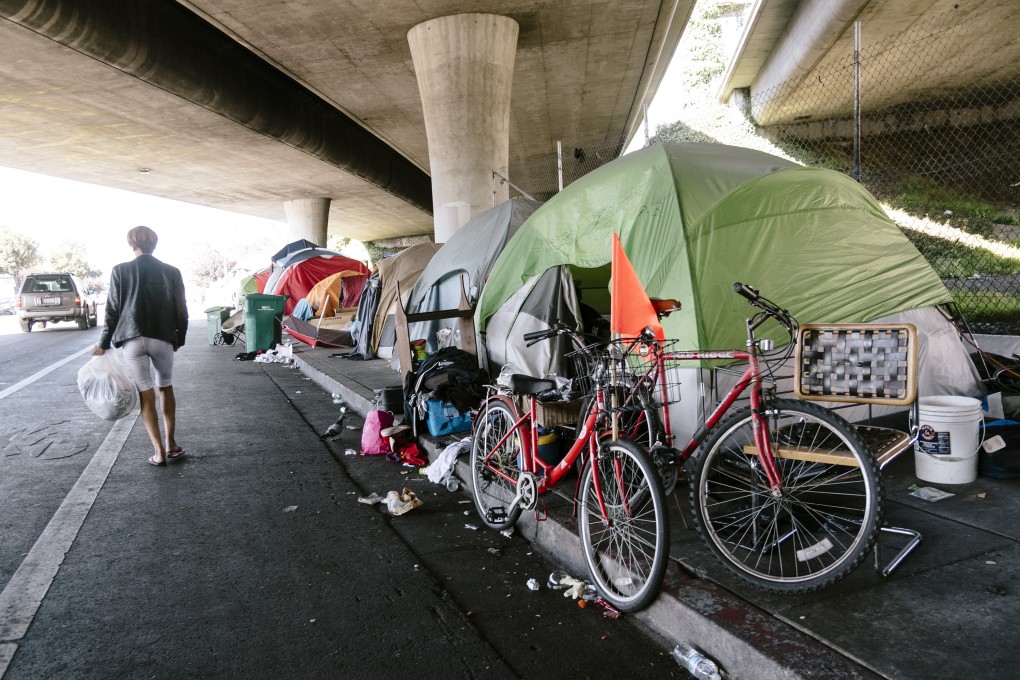Opinion | Why America’s growing wealth gap spells trouble for the rest of the world
- Since the 1980s, inequality has increased within rich countries even as poor countries get richer quicker. This reversal of a historical trend might have contributed to the rise of nationalism in the West – and harmful trade policies

At the beginning of classes every autumn, I tease my students with the following question: is it better to be poor in a rich country or rich in a poor country? The question typically invites considerable and inconclusive debate. But we can devise a more structured and limited version of the question, for which there is a definitive answer.
Data is a lot sparser for poor countries, but it would not be too much off the mark to assume that the richest 5 per cent there receive 25 per cent of national income.
Now, we can calculate that a rich person in a poor country has an income of US$5,000 (US$1,000 x 0.25 x 20) while a poor person in a rich country earns US$13,000 (US$65,000 x 0.01 x 20). Measured by material living standards, a poor person in a rich country is more than twice as well off as a rich person in a poor country.
This result surprises my students; most of them expect the reverse to be true. When they think of wealthy individuals in poor countries, they imagine tycoons living in mansions with a retinue of servants and a fleet of expensive cars. But while such individuals certainly exist, a representative of the top 5 per cent in very poor countries is likely to be a mid-level government bureaucrat.
